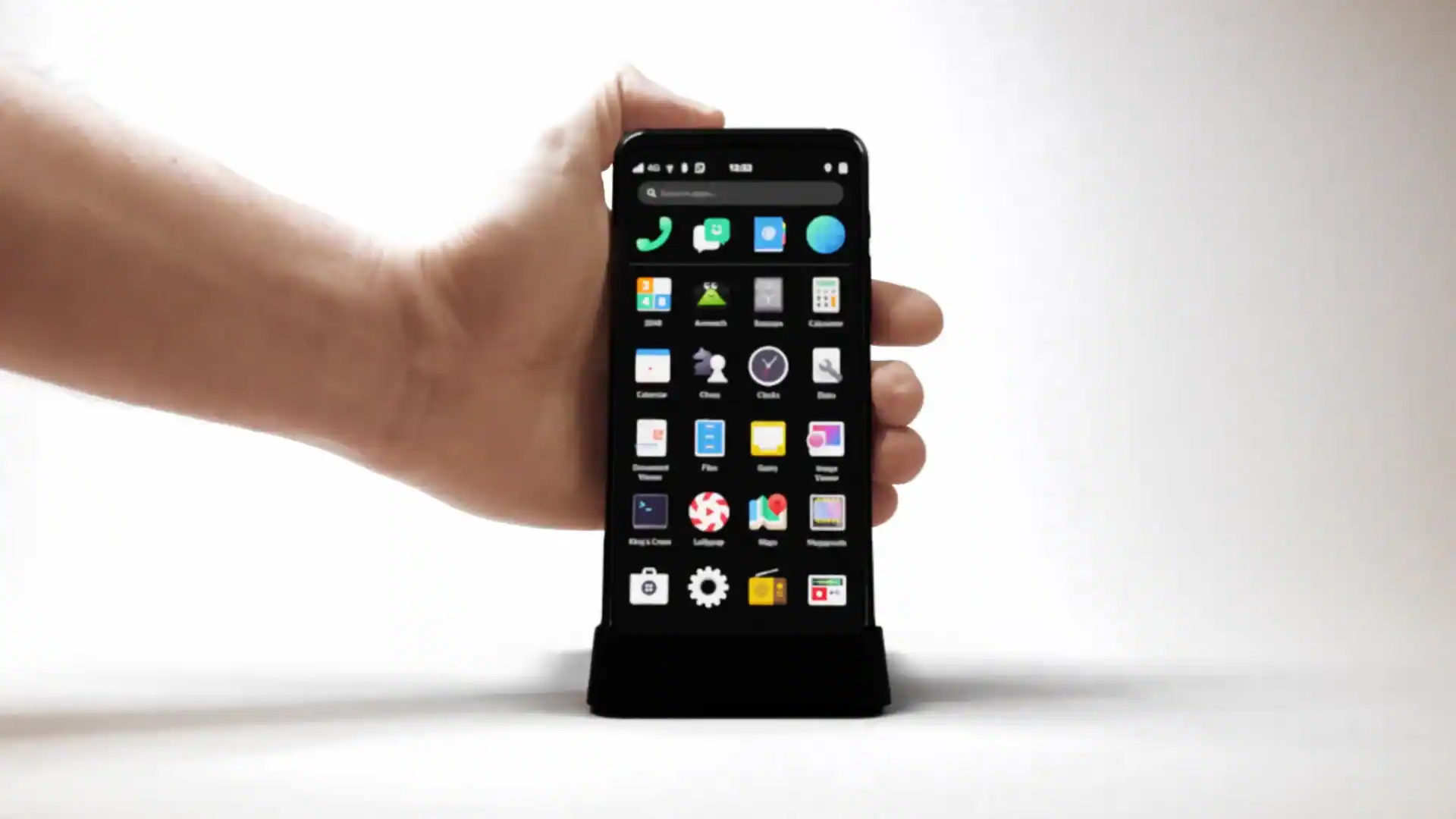
- Built in California, powered by Linux, the Liberty Phone says no to tech giants
- With no Android or iOS, it’s the loneliest smartphone on the market today
- It costs more, does less, and still claims to be the best smartphone for privacy
Despite rising political pressure to bring tech manufacturing back to the US, building a premium smartphone domestically remains a costly and technically difficult challenge.
The Liberty Phone by Purism, priced at $1,999, offers a rare example of how close a company can get to building an America-made device, but it comes with significant trade-offs in performance and practicality.
Unlike the widely promoted but questionable $499 Trump Phone, the Liberty Phone is at least verifiably assembled in the US, although it lacks flagship-level features.
Still not 100% “Made In USA!”
Todd Weaver, Purism’s founder, is upfront about the limitations, noting, “Someone who needs a wicked-strong camera is not our audience.”
Weaver estimates the Liberty Phone costs around $650 to produce, higher than the iPhone 16 Pro Max, which TechInsights says costs about $550 to build in China.
This discrepancy is driven largely by US labor costs, with savings made by using lower-spec components such as a basic camera and a low-resolution screen.
This may suit its core user base, including security geeks, older users, kids, and those who want to distance themselves from major tech brands, but it is nowhere near mainstream Android alternatives – for anyone expecting the best smartphone for business or multimedia tasks, the Liberty Phone is unlikely to compete.
Part of Purism’s appeal lies in its transparent and partially domestic supply chain – the motherboard is built at the company’s California site, the chip is sourced from NXP’s Austin, Texas, facility, and the final assembly is local.
But some critical components, like the camera from South Korea and the display and battery from China, still depend on global sourcing.
“There are just some parts that don’t yet have a supply chain,” says Weaver. “We’re gonna keep incrementing there until we can get to that point.”
It runs PureOS, a Linux-based operating system that supports basic tasks like calling, texting, and web browsing, but without support for Android or iOS apps, it’s a hard sell for anyone needing a broad app ecosystem or high-end performance.
Nonetheless, Weaver believes a niche market exists and claims that about half of Purism’s customers are US government agencies.
Even though tariffs might someday narrow the cost gap, the continuity of this project is not certain.
“We don’t have factories here building application processors, high-end displays or most of the other things in your smartphone,” said Jeff Fieldhack of Counterpoint Research, showing his skepticism.
At the moment, the Liberty Phone is more of a philosophical gesture than a practical solution, and only Americans or those loyal to the US will give it a second look.













Leave a comment